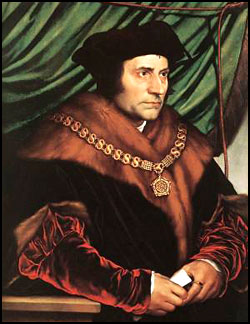
The movie "O" based on Shakespeare's Othello differs in many ways but the interpretation of Shakespeare's text into modern America is spot on. In many ways an army is like a basketball team because they both require leadership, communication, and only one side can win. This could be compared to competing for a better position on the team such as forward or a higher standing in the army such as lieutenant. The characters are perfectly intertwined in the same fashion and standing in the play:
O- star basketball player and Desi's boyfriend
Othello-general in army and Desdemona's husband
Desi- O's girlfriend and Dean's daughterOthello-general in army and Desdemona's husband
Desdemona- Othello's wife and Barbantio's Daughter
Hugo-steroid shooting underdog
Iago- ancient for Othello
Roger- in love with Desi good friends with Hugo but at times seems to be his flunky
Roderigo- good friends with Iago in love with Desdemona
Micheal Cassio- mutual friend of Desi and O and a fellow basketball player
Cassio-mutual friend of Desdemona and Othello and a Lieutenant in the army
Emily-best friend of Desi and girlfriend of Hugo
Emilia-Desdemona's attendant and Iago's wife
Dean- hierarchy of school and father of Desi
Brabantio-Venetian Senator and father of Desdemona
This movie gives a very good modern feel for the play and makes it easier for people today to understand what what going on because Shakespeare's language can be difficult at times. While minor aspects of the book were missing such as Bianca (i am not sure if she was the girl who Hugo was trying to convince that Roger shot Micheal on the road or not) maybe she was there and I missed it, but key elements such as the missing scarf and O strangling Desi to death (the plan came up in Act IV lines 226-228) and then killing himself (Act V haven't gotten to it yet but know its coming). This was a particularly good movie in my opinion and gave me something to look forward to in every act of the book to come.



